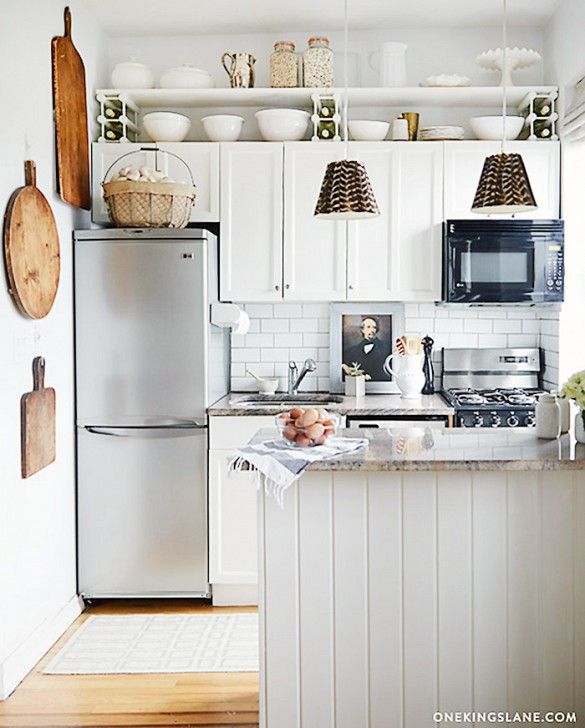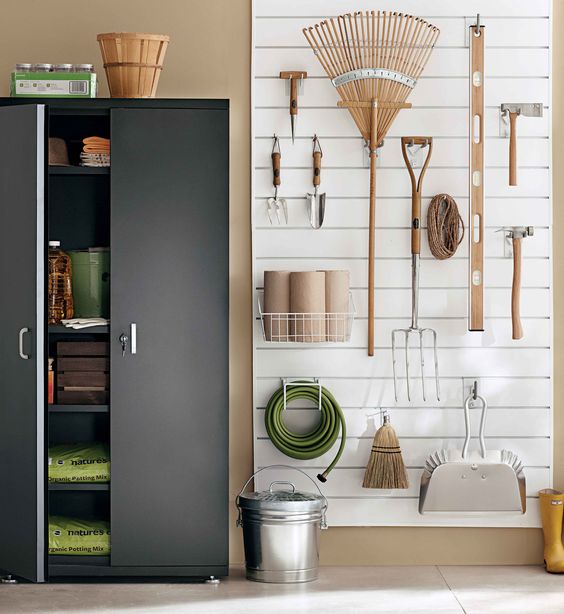Should You Fix Your Home Loan In 2022?
If you’ve got a mortgage to repay, it’s likely to be your biggest outgoing each month. And if you don’t have a fixed rate loan, then fluctuations in interest can be potentially catastrophic for your overall financial stability.
The key question at the moment is whether you should switch to a package fixed rate of interest right now, or stick with a variable rate agreement for longer, so let’s delve deeper and aim to help you find an amenable answer.
Check and compare rates before you do anything else
It’s tricky to know what the right move to make might be unless you’re up to speed with current refinance home loan rates, because of course a combination of external market pressures as well as your own personal status and circumstances will influence the mortgage products that are available to you.

You cannot make an informed decision without getting an overview of the state of play right now, so even if you don’t intend to refinance immediately, it’s a good idea to compare packages online from time to time and see if you could save by switching.
Understand the direction the market is taking
With historic rises in interest rates, you might feel that perhaps you have already missed your opportunity to fix your home loan in 2022.
There’s no denying that as politicians seek to counteract unprecedented levels of inflation, the cost of borrowing money is on the rise. However, that doesn’t mean there’s no point looking for mortgage deals right now. In fact, if you’re on a variable rate package, it could be sensible to do this sooner rather than later.
We’re in a time of economic and political uncertainty, not just on a national but on a global scale. This leads to all sorts of volatility in all sorts of markets. The upshot is that if you can acquire some degree of certainty in your own finances, it’s perhaps the right move to make.
So if you find that there is a fixed rate mortgage package out there that’s available, refinancing and moving to a new lender will give you one less thing to worry about each month.

The argument against fixing is always that if rates drop, you’ll be left paying over the odds. However, it seems unlikely that the outlook will improve dramatically in the coming months or even years, so there’s no point taking this gamble.
Considering the duration of the deal
When you choose to fix the rate of interest you pay on your mortgage, this will typically have a time limit attached, after which point the rate will become variable once more.
The length of this limit is at the discretion of the lender, and so this is another point for you to weigh up when comparing home loan products.
Fixing for one, three or five years could mean something very different, according to all sorts of factors that are unique to you. A short term deal might let you take advantage of an eventual drop in rates, while a long term deal will protect you against any further rises in base level interest.
The bottom line
You cannot make a decision about fixing your home loan this year, or any year, without carefully exploring all the options, and getting expert advice from a mortgage advisor.
In spite of this, it does seem like if you can move over to a fixed rate plan, it may be sensible to do so. The economy is often sluggish to respond to sudden changes, so even if the outlook improves, rates might lag behind.






